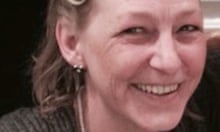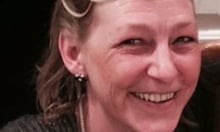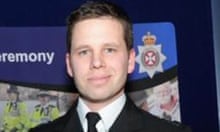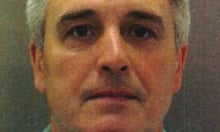Even RT’s editor-in-chief had to suppress a laugh when the two suspects in the Skripal poisoning case said they had travelled thousands of kilometres to visit the “wonderful city” of Salisbury.
After all, many Russians have never even heard of the town. For tourists coming from Russia to the UK, the delights of Salisbury cathedral, its 123-metre tall spire, 14th-century working clock and well-preserved Magna Carta are, at best, a side-trip on the way to Stonehenge.
“I’ve travelled to the UK a few times and, to be honest, I had to look at a map,” said Svetlana Melekhova, a HR specialist in Moscow who said she had participated in a language exchange in London. Having lunch in a Moscow park on Friday, she said the men’s itinerary seemed strange for a three-day visit: “It does sound ridiculous. I barely saw all of London when I was there. Why go to a town that, well, nobody really knows?”
As Russians digested Thursday’s bizarre interview on Russia’s state-sponsored TV channel with Alexander Petrov and Ruslan Boshirov, the men’s itinerary was one thing that didn’t add up for people here – even those who don’t think Moscow was behind Sergei Skripal’s poisoning.
Russians know Stonehenge. Even Bath, famous for Roman ruins and Jane Austen, is a popular destination for Russian tourists. But Salisbury and the ancient settlement of Old Sarum are far more niche destinations, to say the least.
“I don’t think it will make people [from the UK] say they [Petrov and Boshirov] didn’t do it. It wasn’t very convincing,” said Anton, a student in his last year at a high school in north-west Moscow. He declined to give his last name.
According to Maya Lomidze, the executive director of Russia’s Association of Tour Operators, Stonehenge is among the most popular destinations for Russian tourists, and trips often take visitors to Salisbury as well. “But the cathedral is not usually the main destination for tourists,” said Lomidze.
Other popular routes for Russian tourists include London, Oxford, Liverpool (for the Beatles), and Edinburgh, she said.
The two men, who were charged with attempted murder in absentia last week said they had spent new year holidays in Switzerland before, and Russian media have reported that they have also travelled to Amsterdam, Milan and Paris.
But why, in what was apparently their first trip to the UK in at least two years, they visited Salisbury, twice, remained unclear.
Russian state media have tacitly promoted another reason for a cover-up, speculating heavily on whether the two men were being furtive about their trip because they are gay.
That was the subtext to the RT editor-in-chief Margarita Simonyan’s interview with the two suspects on Thursday, a conversation that lingered at moments on single beds and why they spent so much time together. She later pressed that line on Twitter, saying: “Guys, I don’t know if they’re gay or not gay,” adding references to their tight clothing and “bulging biceps”.
What seemed like a sideshow has increasingly given Kremlin loyalists an alternative explanation for the cover-up, or just an excuse not to discuss the case. As Oleg Kashin, a Russian journalist, noted: “It’s become a simple test of loyalty: in order to protect these guys, you need to make overwrought jokes about gays.”
That interest has also seeped down to ordinary Russians. “I think they went to England to get away for another reason,” said Anastasia Khlebnikova, who was pushing a pram through the park on Friday morning. “They might not have wanted to discuss their personal life on TV because that’s their business.”
Asked if she meant they were gay, she said: “Yes, that may be it.”









